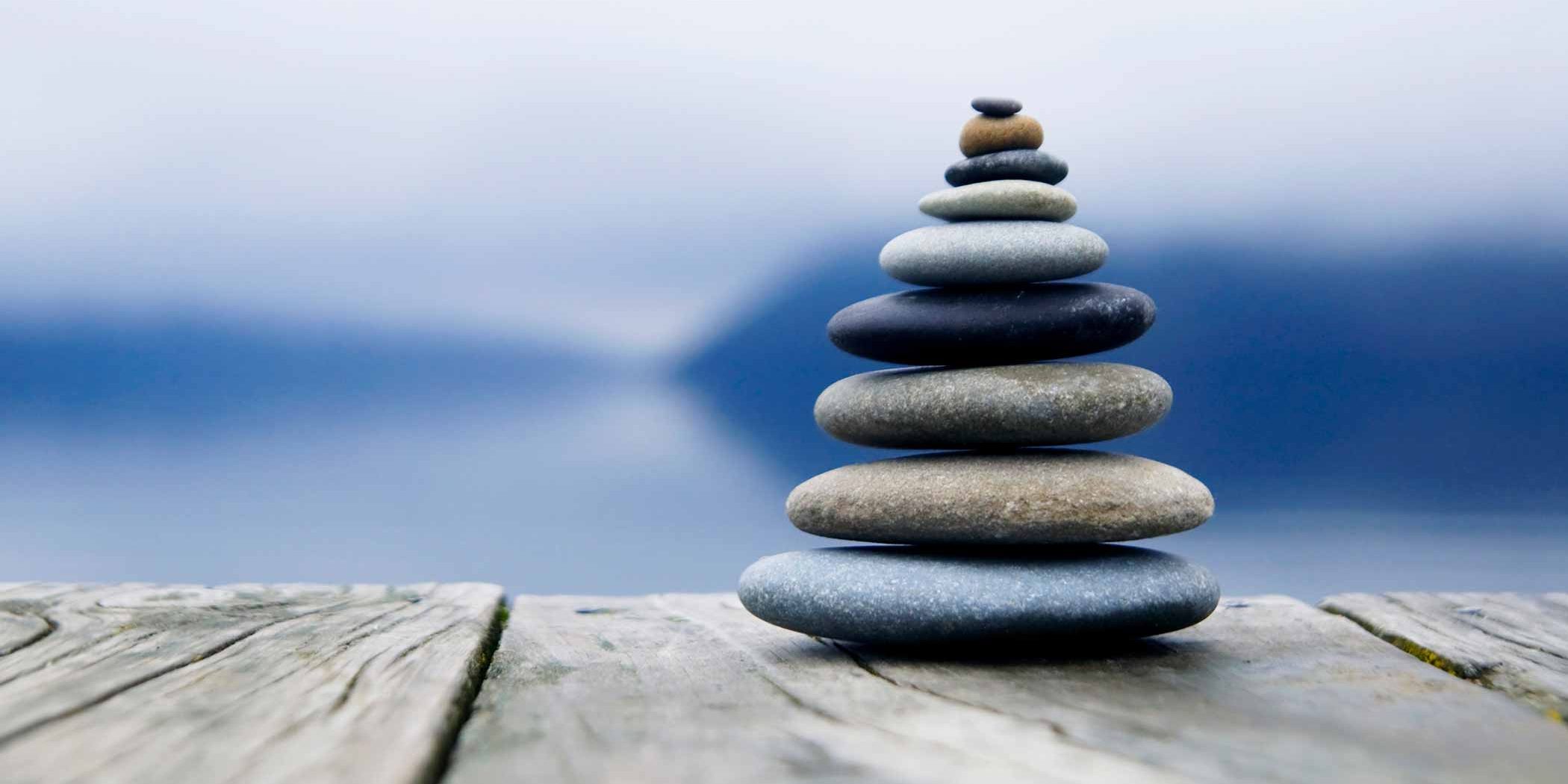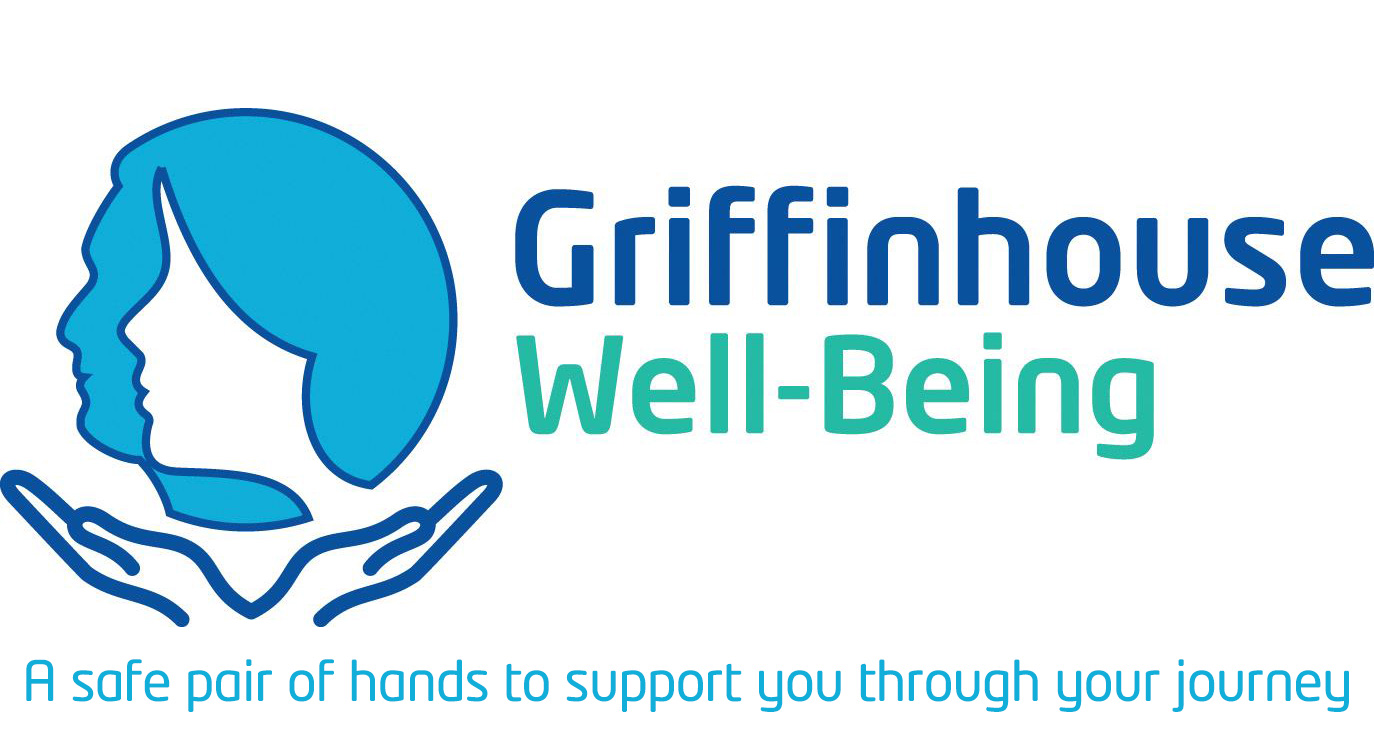What is the Menopause?
NHS 111 Wales states - The menopause is when a woman stops having periods and is no longer able to get pregnant naturally. Periods usually start to become less frequent over a few months or years before they stop altogether. Sometimes they can stop suddenly. Symptoms may start in your 40s or earlier. The average age of the natural menopause is 51 years, but it can occur much earlier or later. Menopause occurring before the age of 45 is called early menopause and before the age of 40 is premature menopause.
Medically, a woman is classed as menopausal when they have not had a period for 12 consecutive months. The phase before actual menopause is known as the Perimenopause. One of the first signs of perimenopause is a change in periods, which could become irregular, lighter, or heavier (menorrhagia). Some women may begin to feel a little hotter, like the heating has been turned up a degree. For others there may be no noticeable changes.
Menopause and perimenopause can cause symptoms like anxiety, stress, mood swings, depression, weight gain, lack of motivation, panic attacks, brain fog, hot flushes, night sweats, low self-confidence, poor concentration/forgetfulness, and irregular periods. These symptoms can start years before your periods stop and carry on afterwards. Menopause and perimenopause symptoms can have a big impact on your life, including relationships and work.

For many women the symptoms can be helped by (HRT) Hormone Replacement Therapy, however there are many, many women who are unable or decide HRT is not right for them
Clinical Hypnotherapy, CBT and other tools can help reduce the symptoms and help women to feel empowered and able to take back control of their bodies. When ladies have strategies in place, they tend to find that the hot flush does not have the same power over them as before, as they are in control and can do something about it, rather than it being ‘done to them’. Finding the right help is the start of regaining control of your life and ensuring you are the best version of you in your future

What is Andropause?
NHS 111 WALES states - not all men experience the Male Menopause, the main difference between the Andropause, and the Menopause experienced by women is this happens over a shorter period. Although testosterone levels fall as men age, the decline is steady at about 1% a year from around the age of 30 to 40, These changes can affect men from their mid to late 40s into their 50s.
Men have higher testosterone levels as changes are noticed with declining testosterone levels, which happens much more gradually than women experience with the menopause. The male menopause is itself a contentious topic. Many men believe there is no such thing. However, logically speaking, the drop in hormone levels does suggest that changes could be experienced within the body. Testosterone declines slowly from about the age of 30 to 80+. An estimated 30 % of men in their 50’s will have symptoms due to lower testosterone levels.
Men experience symptoms that include weight gain particularly in the re-distribution of body fat around the chest and waist, anxiety, stress, depression, panic attacks / palpitations, changed sleep patterns increased or decreased sleep, poor concentration, lack of motivation and a decrease of muscle mass.
Clinical Hypnotherapy, CBT and other tools can help a man take back control of their lives. Many men find it difficult to talk about many of the issues above including changes in body image, lack of confidence or feeling low. Andropause can have a real impact on men’s personal and work life. The first step is accepting they may be going through “a change in life” and finding the right help they need.
Contact Andrea
If you'd like a chat or looking for Information about my therapies, either call me on 01633 357689 or complete the form below or check out my social media accounts and I will endeavour to contact you back.
